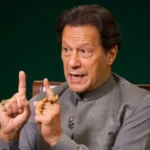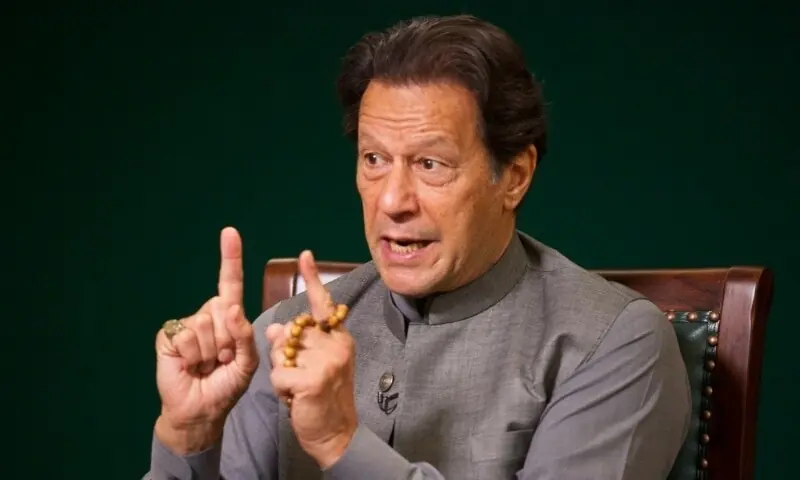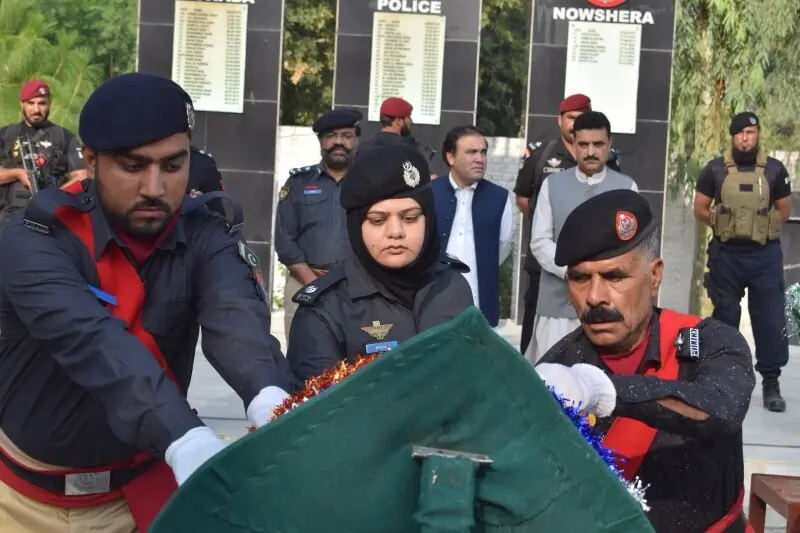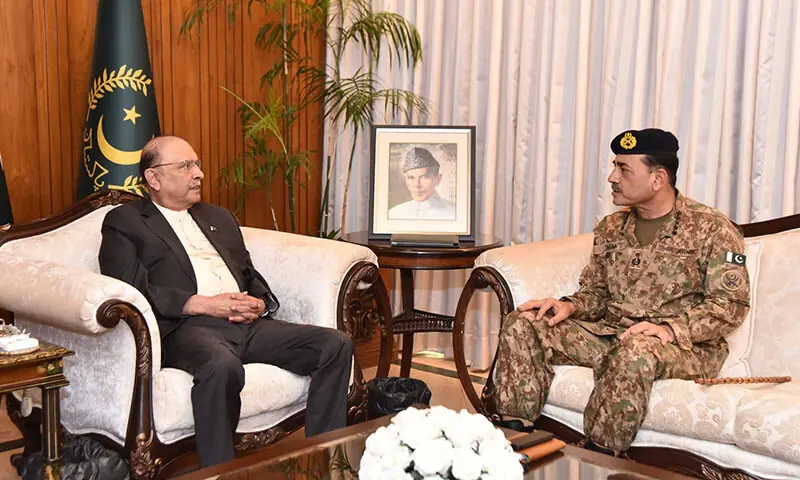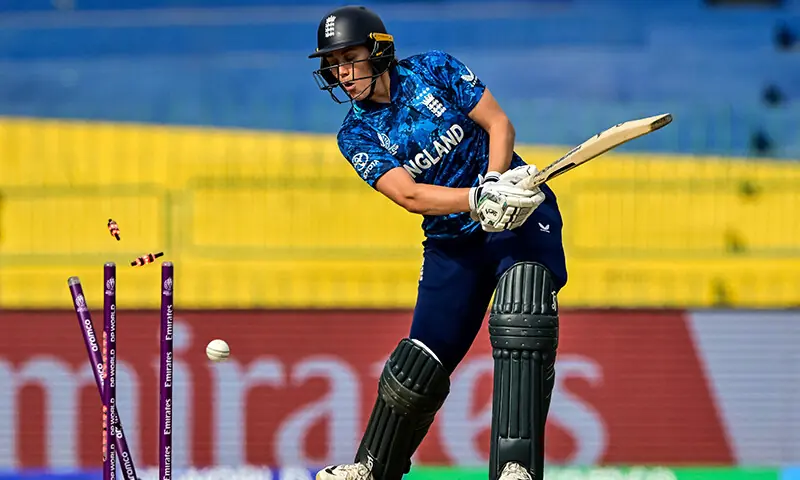Last week, Chinese Foreign Minister visited South Asia in the midst of regional geopolitics and regional realignments in international politics. His trip to India, Pakistan and Afghanistan reinforced the fundamental role of China in the dynamics of emerging global power.
Although he reaffirmed China’s close strategic ties with Pakistan, Wang Yi’s visit to India also meant an improvement in relations with the last country. His trip to Kabul marked Beijing’s efforts towards regional cooperation and connectivity.
The visit assumes greater importance in view of the recent conflict between India and Pakistan, which increased tensions in the region, and the collapse in the strategic relations of New Delhi with Washington, promoted by the tariff war of President Donald Trump. The last development has drastically changed the dynamics of regional power, highlighting the central role of China to boost the change towards a multipolar world order. Being an important global investor and commercial partner, it is restructuring global commercial dynamics.
Although Wang Yi did not make any specific comments on the conflict in India-Pakistan, he emphasized the need to increase regional cooperation. Speaking to the media in Islamabad, he emphasized that China’s associations with India and Pakistan “were not attacked in any third party, nor were they affected by any third party.” Chinese Foreign Minister described Islamabad as the “most important stop”, underlining a “stronger internal impulse” behind Pak-China ties.
During his three-day stay in Islamabad, Chinese Foreign Minister co-presided by Pak-China’s strategic dialogue, in addition to knowing to the maximum Pakistani civil and military leadership. According to reports, the dialogue reviewed the entire spectrum of the relationship between the two countries, from defense to connectivity and economic cooperation. Although the close cooperation in defense has been the distinctive seal of Pakistan and the Chinese long -standing strategic association over the years, the economic dimension has become equally important.
While Pakistan’s success in the four -day conflict against India must, to a large extent, to defense cooperation with China, his friend’s support has also helped maintain this country financially afloat. China has become the largest investor in Pakistan with its multimillionaire projects under CPEC. Islamabad’s dialogue also discussed the second phase of CPEC, expanding the scope of the project to agriculture, mining and industrial production.
There may be some questions in Beijing about the warming of relations between Islamabad and Washington and the growing security cooperation between them, but there are no development signs that affect the strategic alliance between China and Pakistan.
Despite its current commercial war with the United States, it is not a zero sum game for China. Shortly after his very public lunch meeting with President Trump in the White House in June, the head of the Army flew to Beijing, where discussions on developments in the regional and global political landscape were on the agenda.
There seems to be a clear understanding in Beijing about the transactional nature of the new ties between Islamabad and Washington and that in no way would affect their strategic association with Pakistan. But we must be careful while trying to balance these two relationships. It is extremely useful to have good relations with the most powerful country in the world, but one has to be cautious about the “commercial businesses” given the impetuability and the unpredictable policy approach of Trump.
However, there are some irritants in the Pak-China relationships that must be resolved. An important concern for Beijing is the deterioration of the security situation and the orientation of Chinese citizens who work in several CPEC projects in Baluchistan and KP for militants fighting the Pakistani state. Chinese officials have often talked publicly about their concerns. It is extremely important to address security concerns, particularly because Islamabad negotiates the next CPEC phase. There is great potential for Pakistan to expand its bilateral trade with China, but for that, there must be a clear policy and long term.
Before coming to Pakistan, Chinese Foreign Minister spent three days in New Delhi gathering senior government officials. It was the first visit of a Chinese diplomat of India in three years in the middle of a thaw in frozen relationships between the two most populated nations in the world. The change in the position of India occurred after a growing acrimony with the Trump administration in the tariff confrontation.
Pak-China’s relationships have not been affected by improved Islamabad ties with Washington.
In the last case, tensions between the two allies have taken a vicious political turn, with Trump slapping a 50 percent tariff over all Indian exports to the United States. India is now among the countries subjected to the US rates rates. UU. Interestingly, 25 percent of the rate is due to the importation of Russian oil from India.
There have also been other political reasons behind Trump’s anger, including India’s refusal to recognize the role of the United States in the mediation of a high fire in its conflict with Pakistan. The cracks in their decades with Washington are becoming visible, which is an important geopolitical setback for India, a key partner in the Anti-China coalition led by the United States. The previous US administrations had projected India as a counterweight for China.
New Delhi is now moving to restore his foreign policy options trying to repair fences with his rival. The Foreign Minister of India and the National Security Advisor had previously visited Beijing, before the Chinese minister arrived in New Delhi, where, reserving the protocol, Prime Minister Narendra Modi met with Wang Yi, and also accepted the invitation to attend the Shanghai Cooperation Organization (SCO) in China at the end of this month.
It will be the first visit of the Indian Prime Minister to China in seven years. It looks like the movement of India to deactivate the aggravated tension by border clashes between the two countries in 2020, shortly after the modi -attached government an attached in the assholed back. The summit will also attend Russian President Vladimir Putin and Prime Minister Shehbaz Sharif.
It is important to note that the conference will provide an opportunity for leaders to celebrate meetings out. According to some media reports, a meeting between Modi and Chinese President Xi Jinping is expected, with Putin joining.
The SCO conference has assumed great importance in view of the changing sands of global policy. The next meeting of more than 20 countries in Asia and the Middle East looks as a powerful sample of solidarity of the Global South in the era of global disorder.
The writer is author and journalist.
zhussain100@yahoo.com
X: @hidhussain
Posted in Dawn, August 27, 2025


